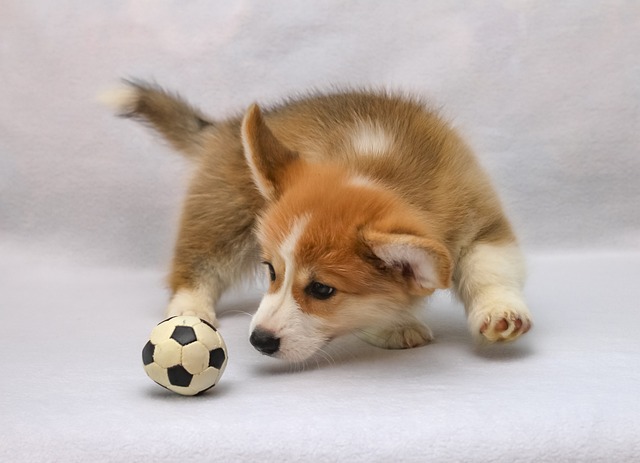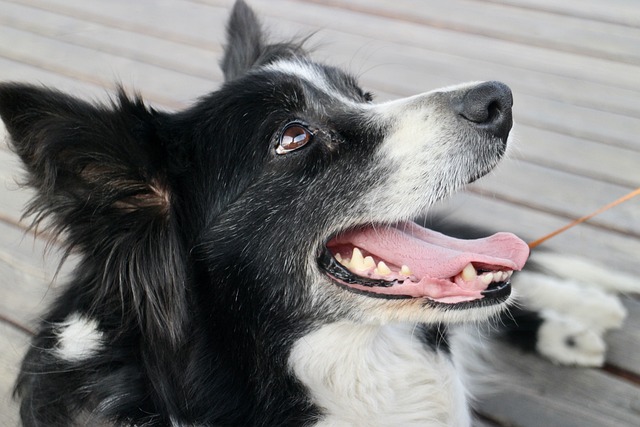
How do you punish an aggressive dog for biting
When you reach for your pup’s favorite chew toy—one they’ve been growling over for 10 minutes—and feel their teeth sink into your hand, sharp and sudden, panic mixes with hurt.
What age do dogs stop playing fetch? It's a question that creeps into every dog owner's mind as their pup grayes around the muzzle. You've probably noticed it—those once-enthusiastic sprints to retrieve a ball slow down, or maybe they glance at the toy and plop down for a nap instead. But there’s no magic number here. Some dogs keep chasing that frisbee well into their golden years, while others start losing interest sooner. It’s less about a specific age and more about a mix of factors that make each dog’s journey unique.
Some pups, especially smaller breeds like terriers or spaniels, might chase that ball till their tongues hang out well into their teens. Their bodies hold up longer, and that spark for play stays bright. Big dogs, though, often tell a different story. Breeds like Great Danes or Mastiffs tend to mature faster, so by 7 or 8, you might notice they’d rather lounge than sprint. It’s not that they don’t love you—their joints and energy levels just shift earlier. That’s why knowing your dog’s breed traits helps set realistic expectations.
 Health plays a bigger role than the calendar. A dog with arthritis might stop playing fetch not because they’re “too old” but because moving hurts. Same with vision or hearing loss—if they can’t track the ball or hear your excited calls, the game loses its fun. Regular check-ups with the vet can catch these changes early, whether it’s a tweak to their exercise routine or supplements to keep those joints limber. Keeping an eye on their comfort means you can adjust the game instead of letting it fizzle out.
Health plays a bigger role than the calendar. A dog with arthritis might stop playing fetch not because they’re “too old” but because moving hurts. Same with vision or hearing loss—if they can’t track the ball or hear your excited calls, the game loses its fun. Regular check-ups with the vet can catch these changes early, whether it’s a tweak to their exercise routine or supplements to keep those joints limber. Keeping an eye on their comfort means you can adjust the game instead of letting it fizzle out.
Environment and your own energy matter too. A dog that’s used to daily fetch sessions in a fenced yard might keep going longer than one that rarely gets the chance to play. Dogs thrive on routine, and if you keep the game low-pressure—slower throws, shorter distances—they’re more likely to stay engaged. Even senior dogs get that glint in their eye when they see their favorite toy; they just might need more breaks or gentler tosses.
Watching for those little clues matters too. If your dog starts hesitating before chasing, limping afterward, or losing focus mid-game, it’s not a sign they’re “over” fetch—it’s a signal to adapt. Maybe switch to a softer toy, toss it a few feet instead of across the park, or let them carry it back at their own pace. The goal isn’t to make them play like they did at 2; it’s to keep that bond strong, whatever form the game takes.
And let’s not forget the basics: keeping play safe. Even energetic dogs need breaks to avoid overheating, especially in warm weather. Sticking to leashed areas where required by local laws keeps everyone safe, whether you’re in a busy neighborhood or a quiet trail. A tired dog is a happy dog, but a dog pushed too hard might start avoiding the game altogether.
So when do dogs stop playing fetch? Truth is, most don’t—they just play differently. With a little patience, attention to their needs, and a willingness to adjust, that game of fetch can stay a favorite pastime for years. After all, it’s never really about the ball. It’s about that look in their eyes when they see you reach for it—the same look they’ve had since they were a wiggly puppy.

When you reach for your pup’s favorite chew toy—one they’ve been growling over for 10 minutes—and feel their teeth sink into your hand, sharp and sudden, panic mixes with hurt.

How to correct a disobedient dog? It's a frustration nearly every dog owner faces—whether it's a pup ignoring your “come” command, a adult dog jumping on guests, or a rescue with stubborn habits.

The first crackle of fireworks on Independence Day sends your pup into a tailspin—pacing, ears flattened, barking so hard their whole body shakes, as if they’re trying to scare the noise away.

The Fourth of July backyard barbecue is in full swing when the first firework bursts—bright, loud, and sudden—and your dog explodes into a frenzy of barking

Waking up at 3 a.m. to your dog’s sharp barks, the sound echoing through your apartment, you fumble for your phone

There’s that familiar midnight struggle: you’re jolted awake by your pup’s nonstop barking at the window, the sound bouncing off your apartment walls as you check your phone